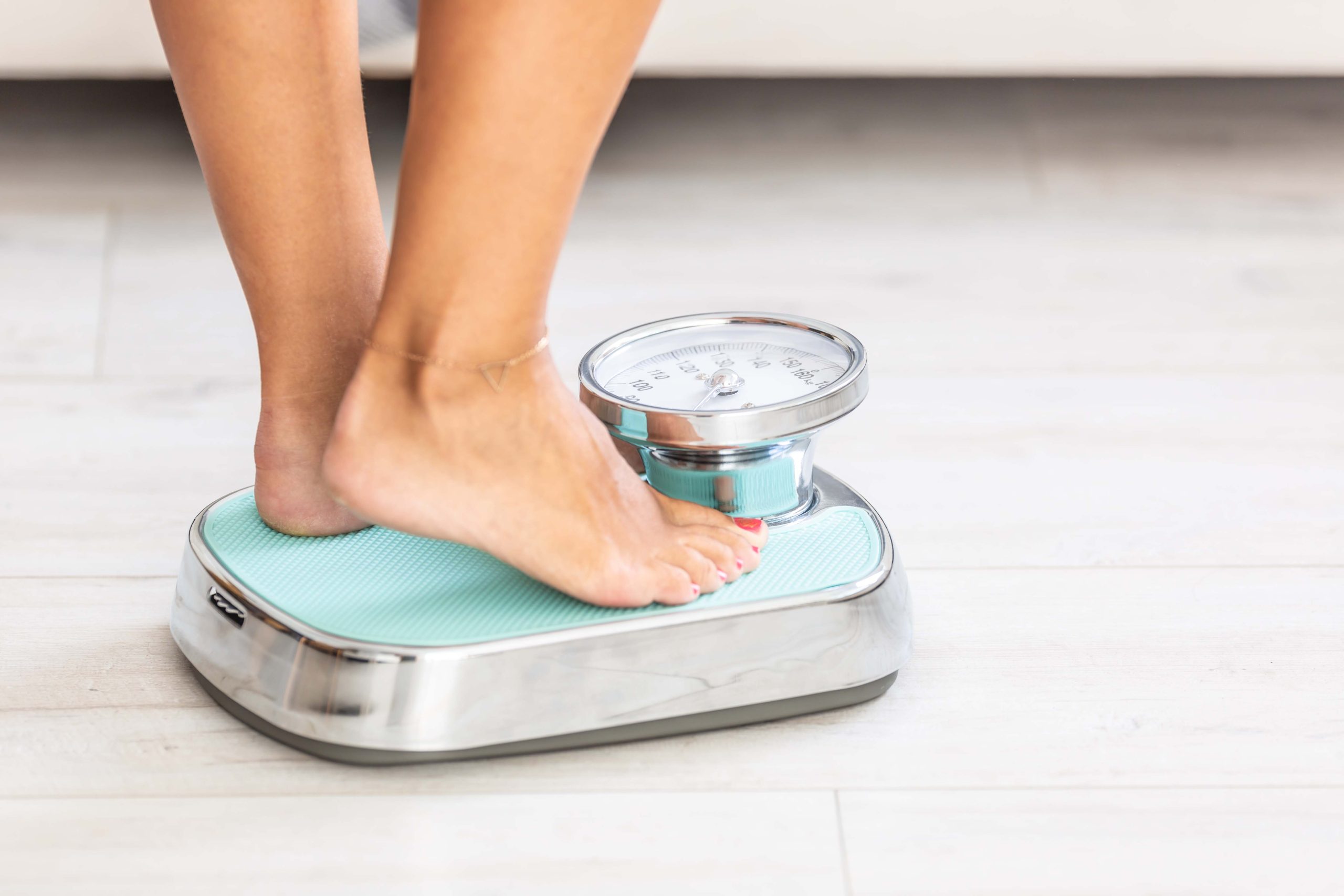Starting Zoloft and worried about weight changes? You’re not alone. It’s common to see weight fluctuations with Zoloft—some people experience weight loss, others may gain. This reaction varies widely among individuals. But don’t worry, we’re here to navigate through this together. Let’s see what you might expect and how to handle it. Ready to learn more?

Contents
How To Lose Weight On Zoloft?
Losing weight while on Zoloft (Sertraline) can be challenging for some, as the medication can affect your metabolism, appetite, and energy levels in unpredictable ways. However, with the right approach, it’s possible to manage your weight effectively. Here are some strategies to help you lose weight while taking Zoloft:
1. Consult with Your Doctor:
Before making any changes, it’s crucial to discuss your weight concerns with your healthcare provider. They can offer personalized advice and adjust your treatment plan if necessary.
2. Monitor Your Diet:
- Eat Balanced Meals: Focus on a diet rich in vegetables, fruits, lean proteins, and whole grains.
- Control Portions: Be mindful of portion sizes to avoid overeating.
- Limit Processed Foods: Cut down on sugary and highly processed foods that can contribute to weight gain.
3. Stay Hydrated:
Drinking plenty of water can help control your appetite and boost your metabolism. Sometimes, thirst is confused with hunger.
4. Regular Exercise:
Incorporate a mix of cardiovascular exercises, strength training, and flexibility workouts to burn calories and improve your overall health. Even moderate activity, such as a daily 30-minute walk, can make a significant difference.

5. Manage Stress:
Stress can lead to emotional eating. Practice stress-reduction techniques like meditation, deep breathing exercises, or yoga to help manage stress levels.
6. Get Enough Sleep:
Lack of sleep can affect hormones that regulate hunger and appetite. Aim for 7-9 hours of quality sleep per night.
7. Keep a Food and Mood Journal:
Tracking what you eat and how you feel can help identify patterns between your mood, Zoloft intake, and eating habits, allowing you to make healthier choices.
8. Consider Nutritional Counseling:
A registered dietitian can provide tailored dietary advice, helping you to create a balanced eating plan that supports your weight loss goals while considering the effects of Zoloft.
Does Zoloft Cause Weight Gain?
Yes, Zoloft (sertraline) can cause weight gain, but it’s not a guaranteed side effect for everyone. Here’s a breakdown of what you need to know:

- Potential for Weight Gain: Studies show some people experience weight gain while taking Zoloft. The weight gain might be due to changes in appetite, increased cravings, or how the body processes food.
- Typically Modest: The weight gain associated with Zoloft is usually modest, ranging from 1-3% of your body weight over several months.
- Individual Variations: Not everyone who takes Zoloft gains weight. Several factors can influence this, such as genetics, diet, and exercise habits.
What Side Effects Are Associated With Zoloft?
Zoloft (sertraline) is a selective serotonin reuptake inhibitor (SSRI) used to treat depression and anxiety disorders. While generally well-tolerated, Zoloft can cause side effects in some users. Here’s a breakdown of the common ones:
Common Side Effects:
- Nausea: This is one of the most frequent side effects, especially when you first start taking Zoloft. It often gets better within a few weeks.
- Diarrhea or constipation: Zoloft can affect your digestive system, causing either diarrhea or constipation.
- Headaches: Headaches are a fairly common complaint among Zoloft users.
- Dizziness: Dizziness or lightheadedness can occur, particularly when standing up from a sitting or lying position (orthostatic hypotension).
- Dry mouth: Zoloft can decrease saliva production, leading to a dry mouth.
- Trouble sleeping (insomnia) or drowsiness: Sleep disturbances can occur, with some people experiencing difficulty sleeping and others feeling more tired.
- Sexual problems: Zoloft can affect sexual function in both men and women, causing decreased libido, difficulty achieving orgasm, or erectile dysfunction.
Less Common Side Effects:
- Tremor: Shaking or trembling of the hands can occur in some users.
- Sweating: Increased sweating is a potential side effect.
- Loss of appetite: Zoloft can decrease appetite in some people.
- Skin rash: Mild skin rashes can occur.
Serious Side Effects (Seek medical attention immediately):
- Allergic reaction: This is rare but can be serious. Symptoms include hives, swelling of the face, lips, tongue, or throat, and trouble breathing.
- Serotonin syndrome: This is a life-threatening condition caused by a buildup of serotonin in the body. Symptoms include agitation, confusion, rapid heart rate, fever, muscle twitching, seizures, and loss of coordination.
- Bleeding problems: Zoloft can increase the risk of bleeding, especially if you take blood-thinning medications.
Important Notes:
- Everyone reacts differently: The side effects you experience, and their severity, can vary from person to person.
- Most side effects go away: Many common side effects of Zoloft improve within a few weeks of starting the medication.
- Talk to your doctor: If you experience any side effects that are bothersome or don’t go away, talk to your doctor. They can adjust your dosage or recommend alternative medications.
Frequently Asked Questions
How much weight do people typically gain while on Zoloft?
According to a two-year study by the Journal of Clinical Medicine, sertraline (generic Zoloft) users gained an average of 5.9 lbs, while users of fluoxetine (generic Prozac) gained 4.6 lbs.
Can Zoloft contribute to weight loss in adults?
Yes, it’s possible. Zoloft can indeed cause side effects like nausea and decreased appetite, which could potentially contribute to weight loss. If you’re experiencing these side effects, reach out to your doctor.
Does Zoloft affect your metabolism?
There’s a theory that suggests drugs like Zoloft might trigger changes in metabolism due to fluctuations in serotonin. However, not everyone gains weight while taking this medication.
Why might it be difficult to lose weight after Zoloft?
Decreased metabolic rate due to treatment might slow down weight loss. However, studies focusing on thyroid function in patients treated with Zoloft showed no functional change in thyroid hormones.
Can you lose weight while taking sertraline?
Sertaline, the generic form of Zoloft, can influence your appetite and potentially lead to weight fluctuation. If weight-related issues arise during treatment, consult your doctor or pharmacist.

Santhan, known to many as Linda, combines her personal training expertise with exceptional motivational coaching skills. Her articles are not just informative but also incredibly inspiring, encouraging readers to take action and pursue their fitness goals. Linda’s unique approach to writing integrates practical fitness guidance with motivational elements, making her content both useful and uplifting.
